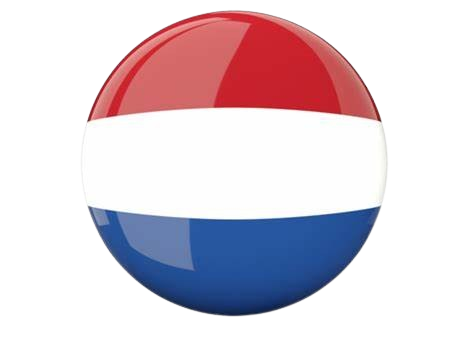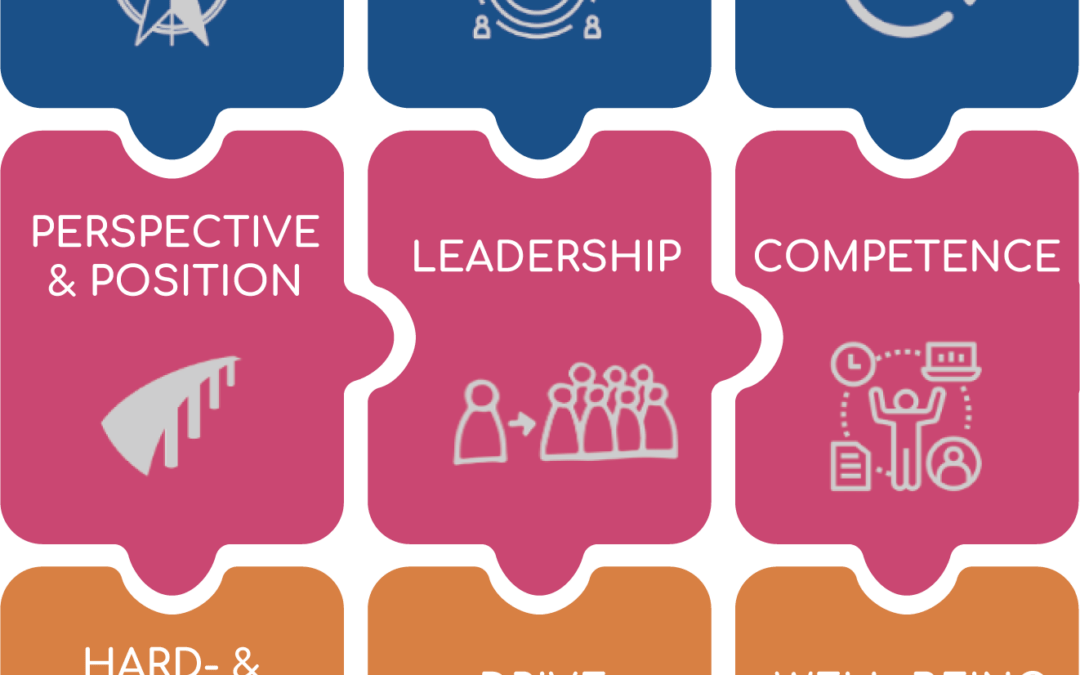Over the years, I have sharpened Inspi-Rational’s proposition to Organisationvitality.
Vitality is quickly associated with physical fitness. To nuance that, I make grateful use of the stories I hear at the Paris Olympics.
Organisational vitality is the life spirit, strength and energy to exist purposeful. In other words, achieving healthy growth in often unpredictable market conditions. Healthy is always better, preferably more. We concretise the three vitality elements in the compass, the competences and the culture of organisations.
When it comes to the Olympics, most think of physical fitness. I see it more broadly and like to name purposeful existence and healthy growth. At the Games, you see euphoria alongside drama. And both are captivating. The winner takes it all certainly holds true. All attention, replays, space for the enthusiastic story. The losers also get to tell their stories. And when it is done well, it is not gloating but highly instructive. Winning and losing are about the compass. The point on the horizon (which at the OS is generally 4 years and even longer) focuses ambitions. And it helps to persevere. Because both winners and losers have setbacks to overcome. That very horizon then often turns out to be the reason for an almost inexplicably quick recovery. And also, a renewed perspective. Losing in Paris often means, focus on Los Angeles.
In business in general and also with my clients, you see this orientation. It is wonderful to score, especially persistently. That’s healthy growth, like more. But they (and I) also know crises, setbacks and just plain mistakes. Each time, you experience that moment as a loss, knowing that it supports the process. And then you refocus on the compass. What are we doing it for!
The Games are pre-eminently the playing field for excellence. First of all, you already have to be admitted. And if you live in a country with strong competition, top athletes can still miss out on qualification. Being sharp, rising to the occasion, preferably training with stronger opponents. Vital to be and stay at your best. And then measure yourself against the best. Personally, I find the evaluation of own performance most interesting. How did you start, how did you build up the race, how did you stay focused, relaxed and also; did you manage to peak. Excellence requires short feedback loops. Self-reflection, coaching, criticism from outside. Constantly aiming to improve. As in evolution (10,000-hour rule) and revolution (innovation). Even winning is not enough (Duplantis keeps on jumping). Mastery; one of the elements in intrinsic motivation.
And if you have a clear horizon, if you continuously improve your competences, it takes energy to keep going. That vitality element (energy) is a matter of DNA, of culture. The will to win is, in my opinion, endless. With athletes, although it is true that you have to stop at your peak. With companies, it is true that you constantly pursue new highs (S-curves). There, it is less about ‘being the best’ and more about getting better again and again.



